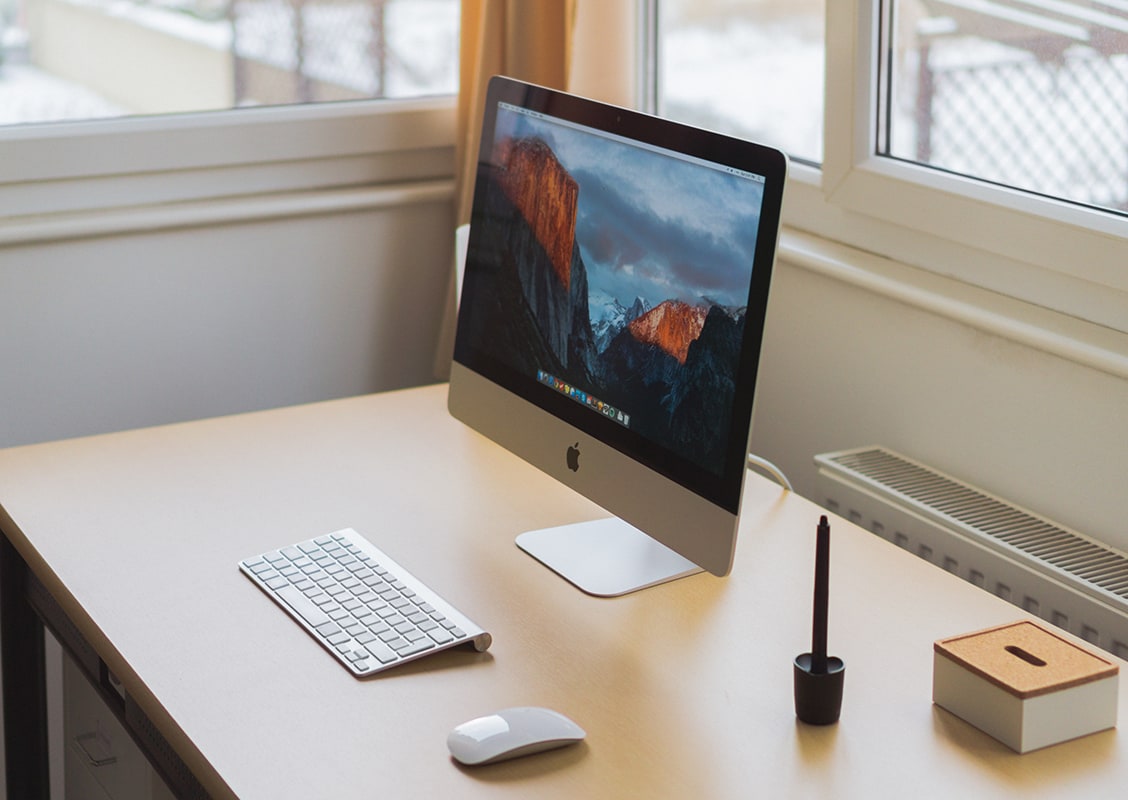While having a neatly organised desk is not imperative for productive work, excess clutter in the workspace is linked to decreased efficiency.
Unless you're working in a creative field and work better on a messy desktop, an unorganised desktop can make you lose a lot of time and energy. And as you'll learn from this article, it will also affect your cognitive processes. Read on to find out more!
Your Workplace Reflects How Your Operate
The state of your workspace, particularly your desk, has a substantial impact on how you work. Did you know you can lose time, money and respect by having a messy desk? Every time you have to look for something, it disrupts the workflow, so you're losing double time.
And don't think that if you work paperless, you won't fall into the same trap. There are also other supplies you can look for fruitlessly, including equipment, cords and digital documents.
All this can be incredibly frustrating. And the more frustrated you become, the more your cognitive and emotional functions suffer.
Clutter-related stress also affects your decision-making skills and makes it harder to collaborate with others. The time you lose due to poor desktop organisation can impact your ability to focus on critical tasks and elevate your anxiety levels.
This leads to a lack of sleep and unhealthy lifestyle choices like excess caffeine and fast-food consumption, further reducing your clear thinking abilities.
Clutter Affects Your Brain and Your Work
Human brains are used to order and structure. That's why children are taught to adhere to regular schedules, it helps their brains learn and develop.
The same applies to an adult's brain, except the tidiness is needed for critical thinking, problem-solving, memory recall, and other cognitive skills used in day-to-day life.
If your brain has to deal with a cluttered desktop day after day, it loses cognitive resources in trying to make sense of the mess. This reduces your ability to focus. In contrast, when working in a clutter-free environment, the brain can channel its energy to gather and process information, increasing productivity.
Besides the loss of clear thinking, clutter also has other side effects, including procrastination. If this happens to you, it's because your brain has given up trying to deal with the mess and avoids the issues of tackling cleanup or even looking for something amid the clutter.
Procrastination is just one of the many avoidance strategies the brain comes up with when overwhelmed with information it needs to process. You'll likely spend less time working because you can't work on a messy desktop.

Desktop Organization and General Mental Health
Combined with physical and emotional exhaustion (due to prolonged working hours and doing unnecessary tasks over and over again), workplace stress can lead to anxiety, depression and other serious mental health issues.
In turn, these conditions make workers delay tasks and keep material for all ongoing tasks at hand, leading to an unorganised desk.
Workspace clutter can also leave its mark on your relationship with your workmates. The more disorganised your space becomes, the more overwhelmed your brain gets, causing you to be less agreeable and conscientious.
In other words, you become very unpleasant to work with. Coupled with your decreased productivity, this can have negative consequences on your career progression.

How to Foster Clear Thinking?
Tidying up your workplace after finishing a project is a well-established way to prevent clutter from accumulating. It's also a good idea to schedule regular cleaning time of your office/home desk when you sort through all the material that needs tying up.
Employees are encouraged to instil a clean-desk policy for employees to foster good organization skills. You can also provide or get tools for managing documents (both paper and online).
Organising your supplies and office is even better because the more organised you are, the fewer the chances that you'll leave stuff lying around.
Here are a few suggestions on how to organise your desk:
· Keep only things related to the current project at hand
· Keep everything near your dominant hand
· Limit the number of personal items
· Stop using sticky notes
· Group similar items together
· Colour code files
· Keep your computer in front of you
Alternatively, you can get a standing desk to help things neater. This is a particularly effective solution to avoid reaching across the desk for items if you work with lots of them at once.
It's also better for your health because it keeps you active. You'll have improved circulation and, as a result, better cognitive functions too.